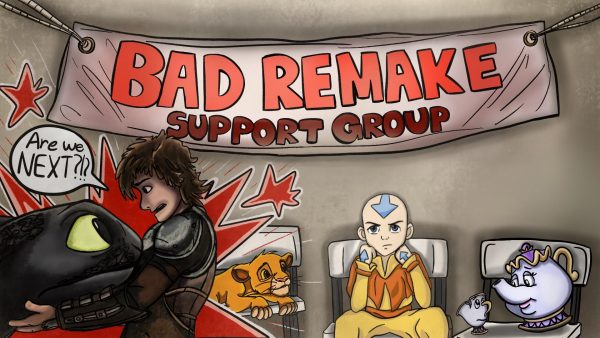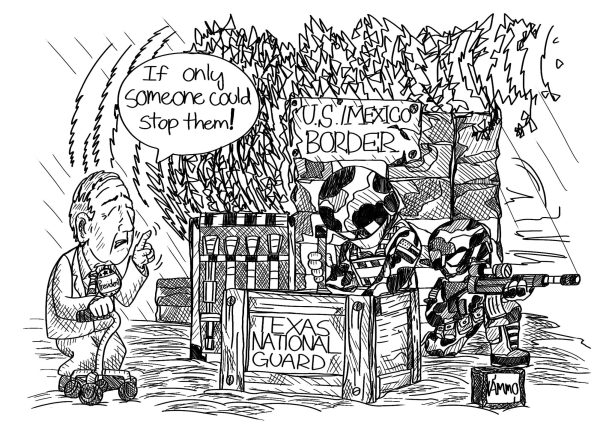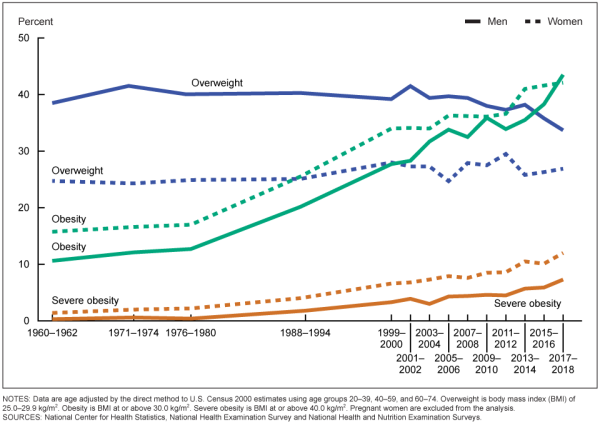Calexit is not going to happen, despite push from small percentage of Californians
February 3, 2017
Calexit, or California exit, is the movement by Californians to try and get the state to secede, and it appears to be an effort that is doomed to become a failure.
Like most trends that eventually die out, it started on social media and gained momentum as President Trump was elected. The whole point of Calexit is to have California become its own country, seceding from the United States and answering only to California’s government.
It was inspired by Brexit, a similar movement that was successfully voted for allowing Britain to leave the European Union.
According to one of Calexit’s main supporters, YesCalifornia.org stated, “Being a U.S. state is no longer serving California’s best interests,” and “the United States of America represents so many things that conflict with Californian values.”
However, as the Daily Wire wrote, there is currently no constitutional right to secede, and the likelihood of a constitutional amendment allowing for state secession is very unlikely.
Calexit’s supporters are petitioning for the movement to be on the ballot by 2020 and three years isn’t exactly enough time to prepare to become a country.
The path from state to country is not going to be easy for its residents either.
California is still in a drought, despite recent rainfall, and relies on other states for water. Would the newly formed country be allowed to use water from the Colorado River aqueduct?
The state is currently entitled to 4.4 million acre-feet of water from the river a year, according to the Water Education foundation. This water is used primarily for irrigating crops in the southeastern part of the state and his also used to hydrate urban areas in Southern California.
The state’s debt of $453 billion is growing with a population of about 39 million, according to the US Debt Clock. More than a million people are unemployed and 4 million are on food stamps, not to mention housing more than a third of the nation’s welfare recipients.
According to the Los Angeles Times, the federal government pays up to eighty percent of the cost of some health and welfare programs, but in return sets minimum levels for state payments.
If California were to secede it would lose out on all of the federal support it gets for these programs, and would just keep adding to the debt.
Succession hasn’t worked out in the past either. Texas tried in 2012, gathering 100,000 signatures, and former President Obama and his administration were quick to turn it down.
California, like Texas, is a large state that helps the rest of the United States. Leaving would do everyone throughout the country more harm than good.
State secession just seems like an empty threat, something that the residents just throw out in response to an election not going their way.
Instead, California should be focusing on its other issues in the state, like poverty and an increase in the standard of living.















































































